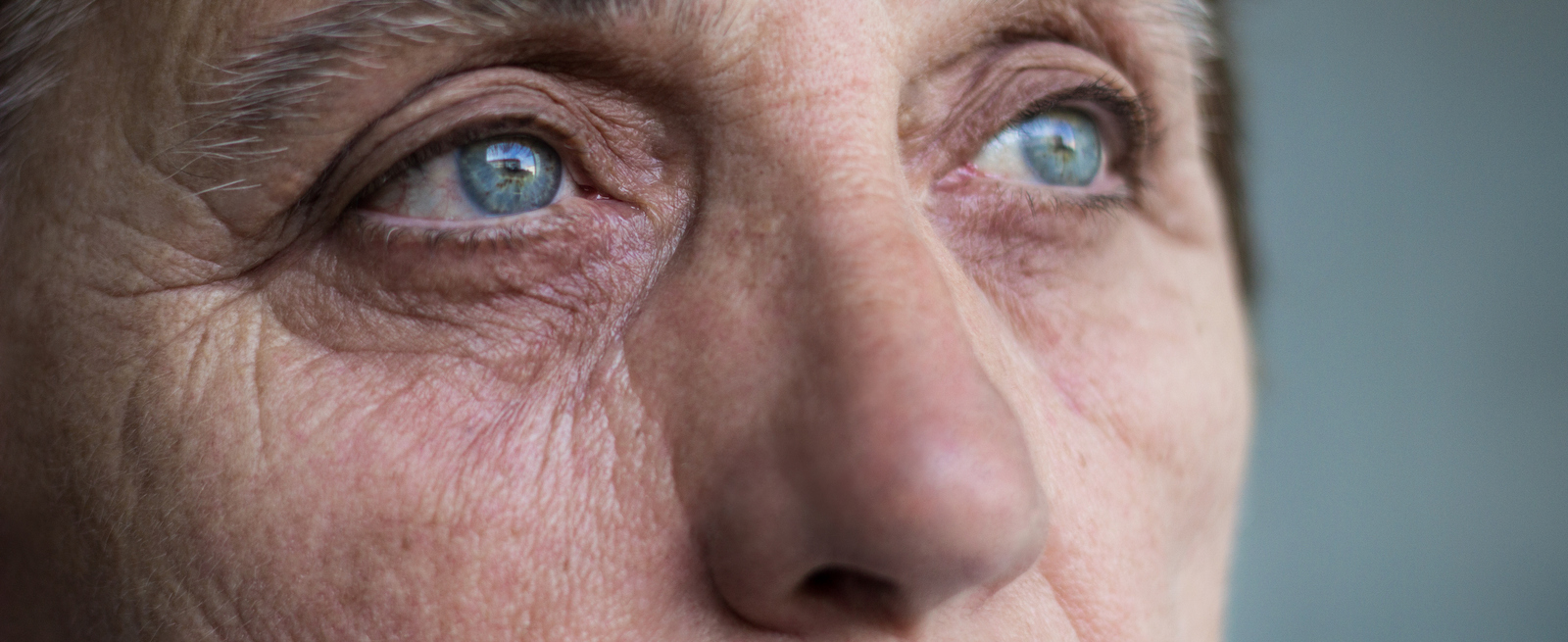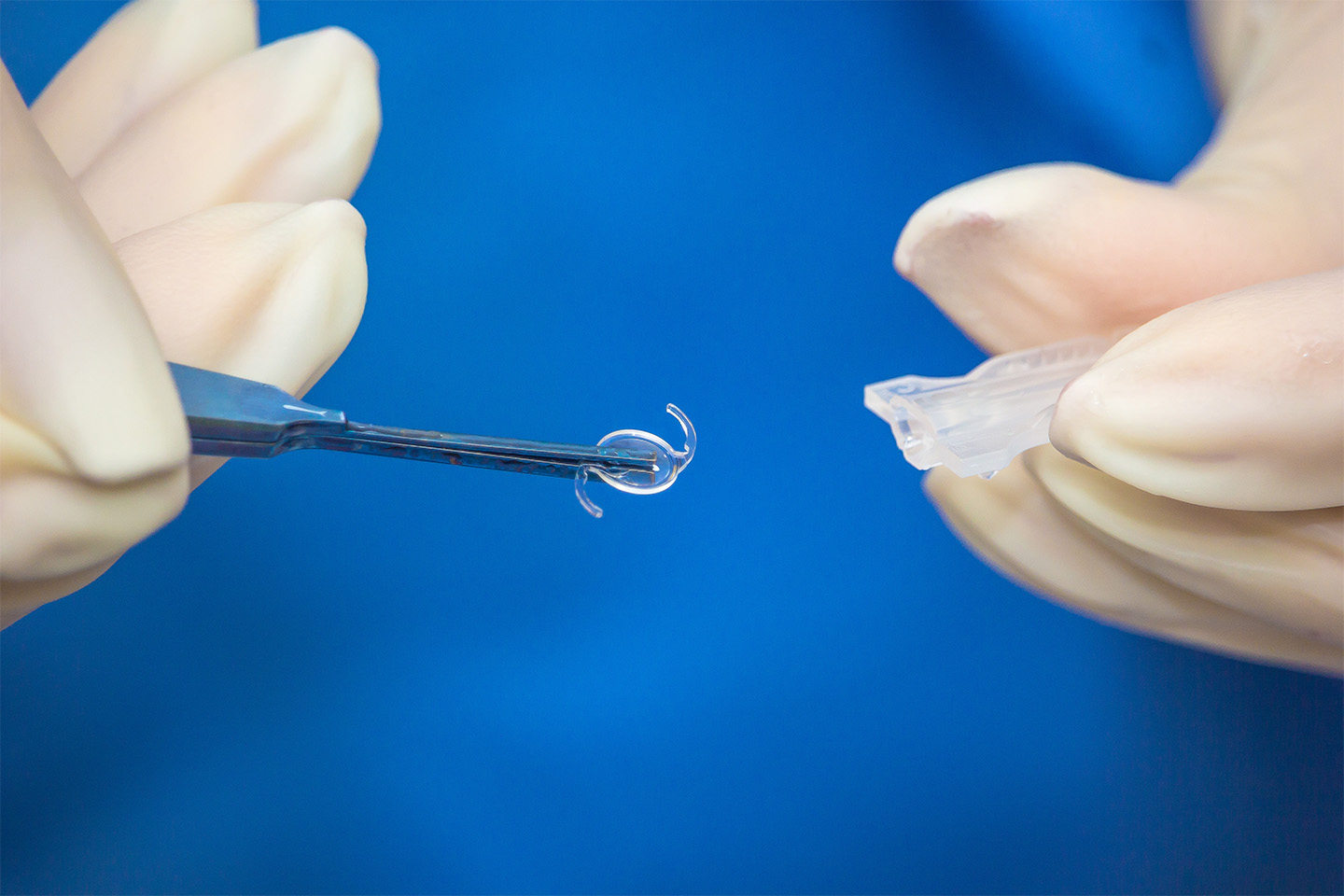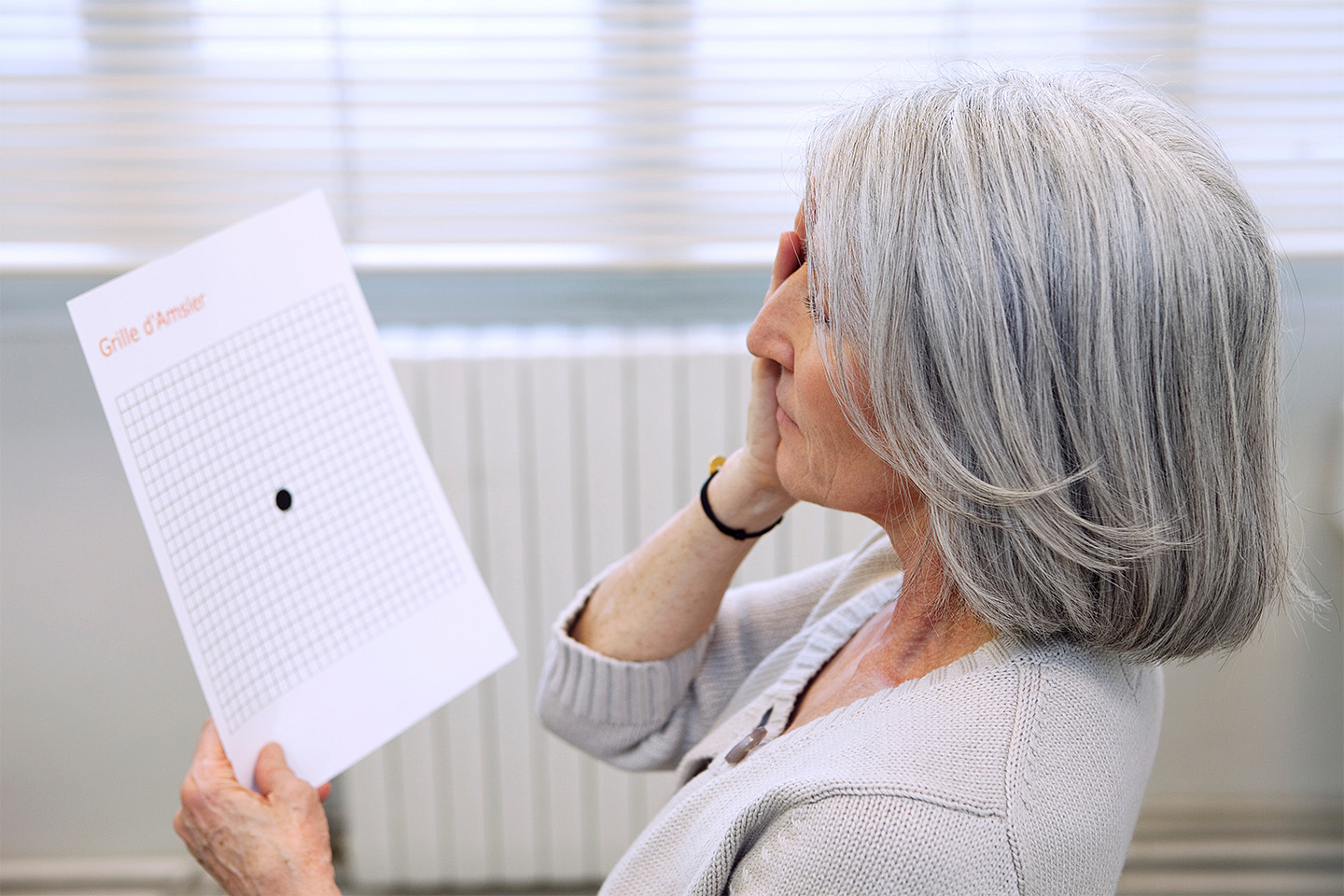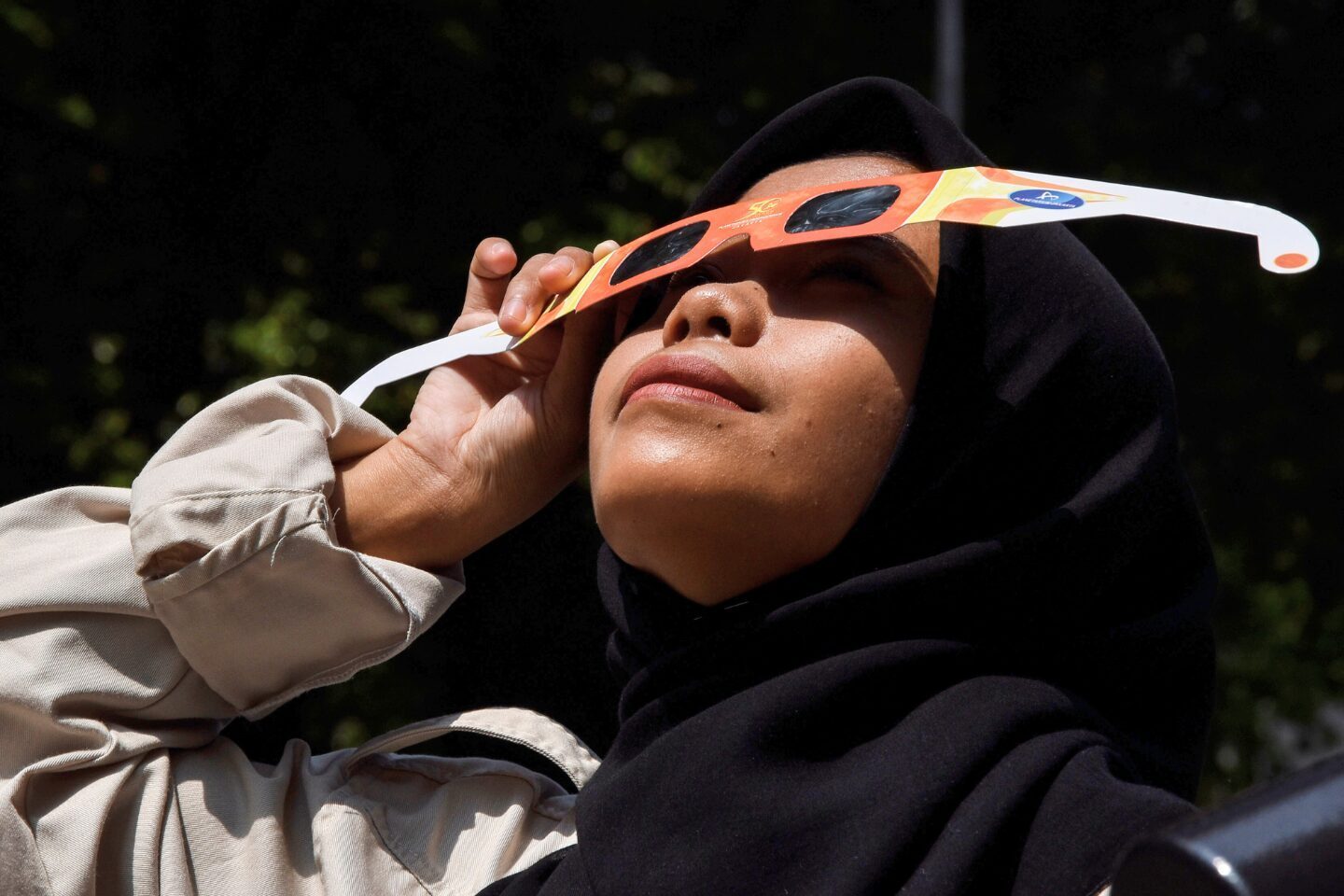Can You Prevent Age-Related Macular Degeneration?

Age-related macular degeneration is a serious eye condition that can lead to blindness, but it can be prevented. Here’s how.
As you age, it becomes more and more important to take care of your body, and that includes your eyes. Age-related macular degeneration (AMD) is the leading cause of blindness in adults over the age of 60, and it’s estimated that 196 million people worldwide will have this disease by 2020.
The name “age-related” suggests that the disease is an inevitable part of aging, but that’s not the case. Here’s everything you need to know about macular degeneration and how you can protect your eyes.
What Is Age-Related Macular Degeneration?
Macular degeneration is a progressive eye disease that can lead to permanent vision loss. As the disease progresses, the macula of the eye — the small area at the center of the retina — begins to break down. This causes blind spots in the central field of vision. Since the macula helps us see fine details, people with macular degeneration have a hard time differentiating faces, reading, driving, and using computers.
There are two kinds of AMD: wet and dry. Wet (neovascular) macular degeneration occurs when the blood vessels underneath the macula leak and blood enters the retina. This causes blind spots, visual distortion, and a loss of central vision. In time, the blood in the retina scabs over and forms a scar, which leads to permanent vision loss.
Dry (non-neovascular) macular degeneration is the most common form of AMD, accounting for up to 90 percent of cases. People with dry ADM have yellow drusen deposits in the macula. Central vision loss is not as severe in the dry form as the wet form, but in time the spots of drusen grow larger and dim or distort vision.
Macular degeneration symptoms include:
- Difficulty making out fine details
- Distorted, blurred, or dim vision
- A blind spot at the center of your visual field
- Difficulty reading without extra light, readers, or a magnifying glass
- Skewed color perception
AMD appears as you get older, but research has shown that the disease has a genetic component as well. Macular degeneration is most common among Caucasians and women with a history of macular degeneration in their families. Smoking, obesity, and high blood pressure are also high on the list of risk factors.
Macular Degeneration Is Preventable
There’s no cure for macular degeneration, but there are many things you can do to protect your eyes as you age and slow the progression of AMD. Luckily, many of the strategies used to prevent macular degeneration are part of living a healthy lifestyle.
Nutrition is a very big part of AMD prevention. Researchers at the Massachusetts Eye and Ear Institute found that people with diets rich in carotenoids — dark, leafy greens like raw spinach or kale — were 43 percent less likely to develop AMD than those without. Also, research has shown that antioxidant supplements and multivitamins high in lutein and zeaxanthin can prevent dry AMD from worsening into wet AMD.
Simple tips to prevent AMD include taking fish oil pills, exercising regularly, eating a plant-rich diet low in refined carbohydrates, and eating fruit daily. Wearing sunglasses outdoors to shield your retinas can also protect aging eyes, but the most important prevention factor of all is not smoking.
How To Treat Macular Degeneration
Macular degeneration can be treated with specialized eye procedures like photodynamic therapy. This procedure uses light and medication to damage the abnormal blood vessels and get the blood in the eye moving again. Certain FDA-approved drugs like Lucentis or Visudyne can also help treat AMD, but they have only been approved for the wet form.
Kleiman Evangelista’s eye care professionals are specially trained to handle retina conditions like macular degeneration. Contact our office today to connect with one of our ophthalmologists and create a plan to keep you seeing well into the future.
Turn To The Top Eye Doctors In Texas
Check out one of our locations below for the best eye care near you:









